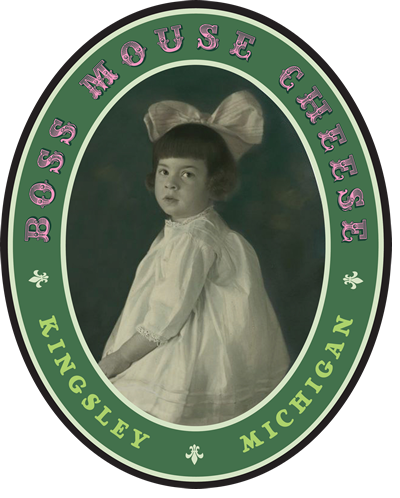What is artisan cheese?
Artisanal cheese refers to cheeses produced by hand using the traditional craftsmanship of skilled cheesemakers. As a result, the cheeses are often more complex in taste and variety. Many are aged and ripened to achieve certain aesthetics. This contrasts with the more mild flavors of mass produced cheeses produced in large scale operations, often shipped and sold right away. Part of the artisanal cheese making process is aging and ripening of the cheeses to develop flavor and textural characteristics.
Can I make cheese at home?
There are many varieties of cheese you can make in your own kitchen with few ingredients and no special equipment needed. Mozzarella, soft cheeses such as cream cheese, yogurt and panir, and cultured soft cheeses such a chevre goat cheese are examples of fairly easy cheeses to experiment with. Recipes, books and videos are widely available – you will be surprised at how easy it can be, and how fresh homemade cheese tastes.
How should cheese be stored?
In the Fridge
If you keep cheese in the fridge, the danger is not that it is too cold, but that it will dry out. You can either keep it in tupperware or in the salad drawer (particularly if you have some salad vegetables already in it to create a bit of humidity).
In some cases, storing in the fridge is the best option. If you need to keep your cheese for a few days, the fridge will slow down its development and you can keep it for longer, provided it doesn’t become dry.
When it comes to eating it, bring it out of the fridge a couple of hours early so that it can warm through. This is very important for the flavor as cold cheese will taste bland and inert.
Wrapping
A piece of cheese wrapped in plastic film will become soggy and smelly. Left uncovered, it will dry out. Waxed paper seems to achieve the best balance between these two extremes; keep your cheese wrapped in it. You will find it is also handier than plastic film wrap for rewrapping.
Why is some cheese yellow or orange?
Milk only comes in one color: white. Some breeds of dairy cows produce a pale yellow milk due to the high butterfat content of their milk, but cheese that isn’t white or off-white has been dyed with food coloring. The rinds of cheese can have a variety of colors due to their bacterial content, molds that develop in the aging process, wax and coatings, but if your cheese is orange or bright yellow, it has been dyed.
Dairy doesn’t agree with me – what can I do?
This is not medical advice:
Dairy doesn’t agree with some people, but there are a few options to try if you are exploring different types of dairy and how they make you feel when you eat them. Raw milk cheeses, all of which should be aged over 60 days before consumption, retain enzymes that aid your body in absorbing the cheese. Craft and artisanal cheese is naturally fermented and contains live bacteria that also makes it more assimilable for digestion. Cheeses that are cooked at a high temperature (mozzarella, for example) and processed cheeses are probably the worst. Also, goat’s milk is chemically most similar to human milk, so that may be a type of dairy to try that is gentler on your system.
I’m a vegan, but I love cheese
Opinion Editorial from Sue: A conscientious dietary choice to make if you consume eggs and dairy is to know where the food has come from. I have been a lacto-ovo vegetarian for 22+ years, but choose to consume eggs and dairy products from humanely treated, healthy cows and eggs from her own chickens. A dairy cow who lives in a pasture with her baby and other cows, grazing on grass in the sun, who is kept safe and not given unnecessary antibiotics or hormones, will give up to 50 pounds of milk per day for about a year. The relationship between the ethical dairy farmer and his herd is symbiotic: we keep her safe, healthy and happy, and she gives us her bounty of milk. I urge you to avoid buying commercially produced, “factory farmed” dairy or egg products. Know your farmer, eat locally, and support slow food.

